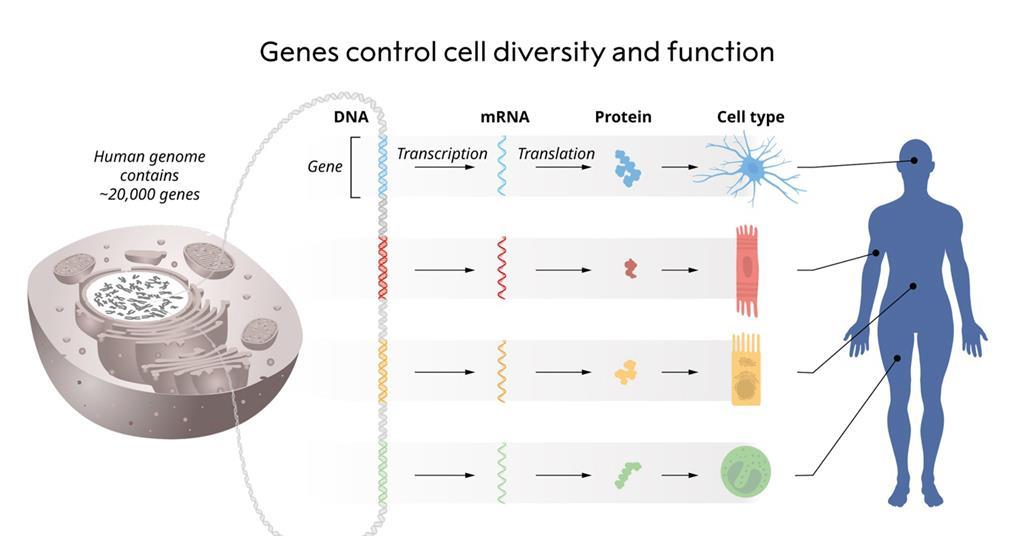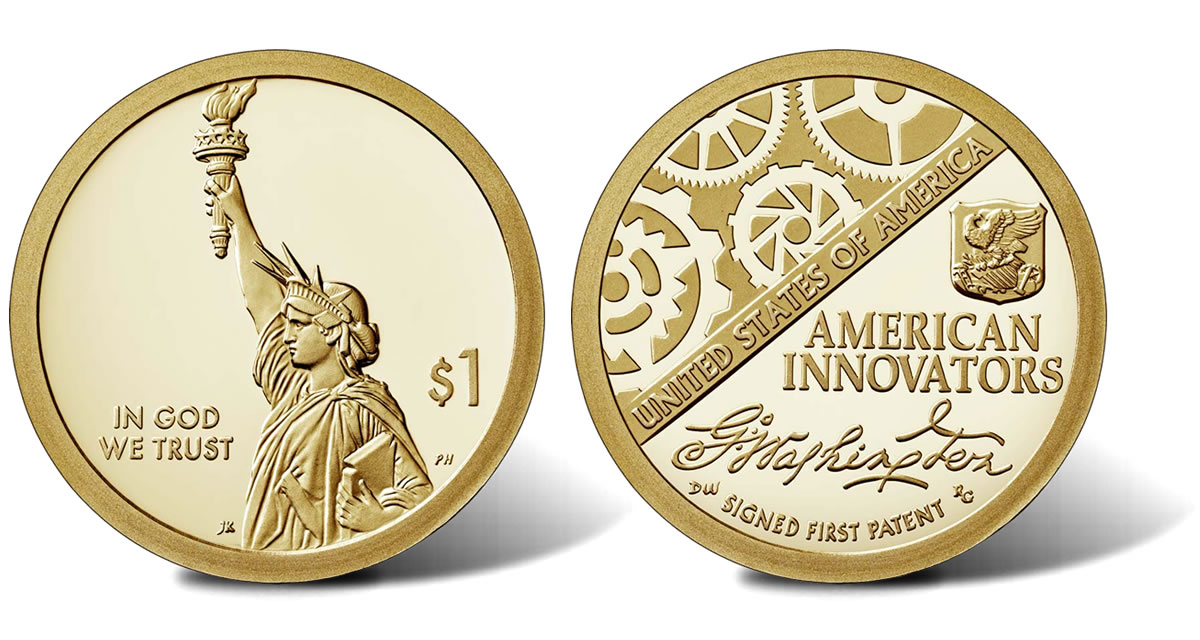Bill Gates AI predictions have become a focal point in discussions about the future of technology and its impact on our society. As a tech pioneer and co-founder of Microsoft, Gates emphasizes the potential of artificial intelligence to transform industries, improve healthcare, and provide innovative educational opportunities. In his recent memoir, “Source Code,” he reflects on his journey through the world of technology, sharing insights from his early days programming and his views on current advancements. While Gates is optimistic about AI, he also acknowledges the apprehension surrounding its rapid development and the ethical dilemmas it poses. His perspective not only highlights the exciting possibilities ahead but also calls for thoughtful consideration as we navigate the intersection of AI and human experience.
In the realm of technological foresight, Bill Gates stands out for his insights into artificial intelligence and its transformative potential. Often referred to as a visionary in the field of computing, Gates offers a balanced view that recognizes both the opportunities and challenges presented by emerging technologies. His memoir, “Source Code,” delves into his past experiences with Microsoft and reflects on the path of innovation that has shaped modern tech. This dialogue around the effects of advanced AI on everyday life emphasizes not just its capability to revolutionize sectors like education and healthcare, but also the societal responsibility that accompanies such advancements. As Gates navigates this complex landscape, his thoughts serve as a guide for how we might harness AI for the greater good while strategizing on mitigating its risks.
Bill Gates’ AI Predictions and the Future of Technology
Bill Gates has always been at the forefront of technological advancements, and his recent reflections on artificial intelligence (AI) reveal both excitement and caution. During a campus event promoting his memoir “Source Code,” Gates discussed the transformative potential of AI, forecasting that it could drastically improve sectors like healthcare, education, and beyond. However, he also acknowledged the rapid evolution of AI technology, remarking that it can be ‘a little bit scary.’ As such, his predictions underscore not only the capabilities of AI but also the ethical and societal implications it brings.
Gates emphasized the importance of navigating these changes thoughtfully. He suggested that while AI could serve as a powerful tool for positive change, it is vital for society to implement safeguards that address potential misuse. This duality captures the essence of Gates’ outlook—embracing innovation while recognizing the inherent risks. As we stand on the brink of an AI-driven future, Gates’ insights prompt vital discussions about responsible usage and the need for comprehensive policies to guide technological integration into daily life.
The Impact of Gates’ Technology on Society
From founding Microsoft to pioneering philanthropic efforts, Bill Gates has had a significant influence on society through technology. His vision for personal computing transformed the way individuals interact with information, introducing user-friendly software solutions such as Word and Excel. These applications revolutionized workplaces and education, allowing for greater efficiency and collaboration. Today, Gates believes that technology should continue to serve humanity, promoting access and equity rather than division. This ethos is echoed in his charitable initiatives, which focus on leveraging technology to tackle global challenges in health and education.
Moreover, Gates’ reflections on his journey through the tech landscape offer a nuanced perspective on the evolving relationship between society and technology. He recalls a time when innovation was met with optimism, contrasting it with current sentiments of concern surrounding privacy and the overreach of digital platforms. Gates advocates for a balance that embraces technological progress while prioritizing ethical considerations. His philanthropic work through the Gates Foundation exemplifies his commitment to using technology as a force for good, helping to address pressing societal issues through innovative solutions.
Exploring ‘Source Code’: A Memoir of Innovation and Curiosity
In his memoir ‘Source Code’, Bill Gates shares a personal narrative that dives deep into his introduction to technology and the core values that shaped his career. He reflects on his early fascination with mathematics and coding, emphasizing the importance of curiosity and risk-taking. Gates recounts his pivotal decision to drop out of Harvard to pursue Microsoft, an act that not only changed his life but also the landscape of personal computing. The memoir serves as an invitation for readers to cultivate their inquisitiveness and pursue their passions, mirroring Gates’ own experiences.
The book also sheds light on Gates’ educational philosophy, which he argues must evolve to incorporate the principles of adaptability and exploration, especially in today’s fast-paced technological climate. He urges educators and parents to foster environments where children can experiment and learn from failures, as he once did. ‘Source Code’ exemplifies the intersection of Gates’ personal story and his professional ideology, solidifying his belief in the transformative power of knowledge and innovation.
The Legacy of Gates’ Charitable Initiatives
Bill Gates’ legacy extends far beyond the confines of Microsoft; it encompasses a profound commitment to philanthropy that has significantly impacted global health and education. Through the Gates Foundation, he has initiated numerous programs aimed at combating diseases, improving agricultural practices, and expanding educational opportunities for underserved populations. Gates’ belief in the power of technology as a vehicle for social change is apparent in these initiatives, demonstrating his desire to leverage innovative solutions to address systemic issues.
Gates’ philanthropic efforts also reflect his understanding of the interconnectedness of global challenges. His approach emphasizes the importance of sustainable development, as evidence of this can be seen in his investments in biotechnology and clean energy. By advocating for rigorous scientific research and public-private partnerships, Gates aims to create meaningful progress. His charity work embodies the spirit of responsibility that he espouses, highlighting the necessity for successful individuals to give back and foster positive change in the world.
Reflecting on Microsoft’s History and Its Revolutionary Role
Bill Gates’ journey with Microsoft is not just a tale of business success but a narrative that transformed the way technology fits into everyday life. Microsoft’s rise during the late 20th century marked a pivotal moment in digital history, with Gates leading the charge to make personal computing accessible to the masses. The partnerships forged with other tech companies, like IBM, propelled Microsoft to the forefront, demonstrating the impact of strategic collaboration in the tech industry. Today, Microsoft’s legacy still influences platforms widely used globally, shaping standards for software and operating systems.
Additionally, Gates reflects on the lessons learned through the successes and challenges faced at Microsoft. He acknowledges that the company’s journey was filled with both triumphs and missteps, underscoring the importance of resilience in innovation. The narrative of Microsoft serves as a microcosm of the broader tech industry, highlighting the dynamics of competition, creativity, and the importance of social responsibility in today’s digital landscape.
Gates’ Thoughts on the Balance of Technology and Privacy
As technology continues to advance at an unprecedented pace, Bill Gates highlights the pressing need for a thoughtful dialogue about privacy and security concerns that arise from its usage. At his recent talk, Gates expressed nostalgia for a time when technology was largely viewed through a lens of trust and optimism. Today, however, fears about surveillance, data privacy, and misuse of information dominate conversations around technology. Gates emphasizes the need for robust policies that protect individual rights while still fostering innovation and accessibility.
He also advocates for personal responsibility in the digital age, encouraging users to remain vigilant about the data they share online. Gates points out that as consumers, individuals must be educated about their digital footprints and the potential implications. By striking a balance between technological progress and privacy concerns, Gates believes society can harness the positive aspects of innovation without compromising fundamental rights. His insights serve as a crucial reminder of the ethical considerations that must accompany advancements in technology.
The Role of Curiosity in Gates’ Educational Philosophy
Throughout his career, Bill Gates has championed the value of curiosity as a driving force behind innovation and learning. He posits that fostering an inquisitive mindset is essential for young individuals navigating an increasingly complex technological landscape. In ‘Source Code’, Gates reflects on how his early experiences with coding and mathematics ignited a desire to experiment and explore new ideas. This perspective is foundational to his approach to education, where he emphasizes the importance of allowing students to engage with challenging material and recognize that failure is part of the learning process.
Gates urges educators and parents to create supportive environments that encourage questioning and exploration, arguing that real learning happens when students feel empowered to take risks. By fostering curiosity, he believes that we can cultivate the next generation of innovators ready to tackle the challenges of tomorrow. This philosophy resonates with his ongoing efforts in education reform, where he advocates for programs that promote critical thinking and hands-on learning experiences.
Navigating Ethical Challenges in Modern Technology
As technology continues to evolve, Bill Gates recognizes the ethical challenges that accompany innovation. In discussions around AI and other emerging technologies, Gates advocates for a proactive approach to ethics, emphasizing the need for developers and stakeholders to anticipate and address potential repercussions. Gates insists that a collaborative effort among tech leaders, ethicists, and the public is crucial to ensure that technologies are developed with societal welfare in mind.
In his view, responsible innovation is not only about creating cutting-edge technologies but also about assessing their impact on society and implementing frameworks for accountability. Gates’ insights advocate for a balanced perspective that weighs potential benefits against risks, promoting a responsible approach to technology that prioritizes human values and ethical considerations in its deployment.
The Importance of Lifelong Learning in Gates’ Philosophy
Bill Gates often extols the virtues of lifelong learning, a philosophy that has guided both his professional journey and personal growth. He emphasizes that as technology evolves, so too must our skills and understanding of the world. Gates firmly believes that the quest for knowledge should never cease, whether through formal education, self-study, or practical experience. In his memoir ‘Source Code’, he draws attention to the importance of adaptability and continuous improvement in an ever-changing landscape.
In promoting the idea of lifelong learning, Gates encourages individuals to seek out new challenges and expand their horizons. This commitment to knowledge-sharing resonates through his philanthropic efforts, where he invests in educational initiatives designed to empower individuals with the tools they need to thrive. By fostering a culture of learning, he believes we can cultivate a more ready and resilient society, equipped to navigate the complexities of modern life.
Frequently Asked Questions
What are Bill Gates’ predictions for AI’s impact on society?
Bill Gates predicts that AI will bring significant benefits to society, including easing shortages in sectors such as medicine and education. He envisions a future where AI can enhance productivity and innovation but acknowledges the potential risks associated with its rapid advancement.
How does Bill Gates view the evolution of artificial intelligence?
Bill Gates acknowledges the rapid evolution of artificial intelligence and its potential to revolutionize various industries. However, he also expresses concern about the ethical implications and the need for careful management of AI developments to ensure they benefit society as a whole.
What insights does Bill Gates provide in his memoir ‘Source Code’ regarding technology?
In ‘Source Code,’ Bill Gates reflects on his journey in the tech world, discussing the beauty of math and the foundational moments in his career, including the founding of Microsoft. He emphasizes the importance of curiosity and experimentation in technology, which resonates with his views on the role of AI in shaping future innovations.
What role do Gates’ charity initiatives play in relation to AI predictions?
Gates’ charity initiatives aim to harness technology, including AI, to tackle global challenges in health, education, and development. He believes that AI can enhance these efforts, improving access to resources and opportunities for underserved populations.
How should society prepare for potential challenges posed by AI, according to Bill Gates?
Bill Gates suggests that society should engage in open discussions about the ethical and practical implications of AI. He advocates for a proactive approach, including regulatory frameworks and public education, to address potential challenges while maximizing the positive impacts of AI on society.
| Key Point | Details |
|---|---|
| Bill Gates’ Biography | Gates reflects on his childhood, including challenges in school and his relationship with his parents. |
| Release of ‘Source Code’ | Gates discusses themes of curiosity and taking risks in his memoir. |
| Gates’ Academic Journey | Gates struggled with advanced math at Harvard, realizing his limitations despite his talents. |
| Founding Microsoft | Gates dropped out of Harvard in 1975 to start Microsoft, leading to significant software innovations. |
| Concerns About Technology | Gates acknowledges the overuse of technology, recalling how he limited his daughter’s smartphone usage. |
| AI Predictions | Gates predicts AI will positively impact fields like medicine and education, while also expressing concerns about its rapid development. |
Summary
Bill Gates AI predictions suggest that the future of artificial intelligence is both promising and concerning. During a recent event, Gates noted that while AI holds great potential to revolutionize sectors such as healthcare and education, its rapid advancement can also be daunting. As a pioneer in the tech industry, Gates emphasizes the importance of maintaining a balance, ensuring that the benefits of AI are maximized without compromising ethical standards or societal values.



